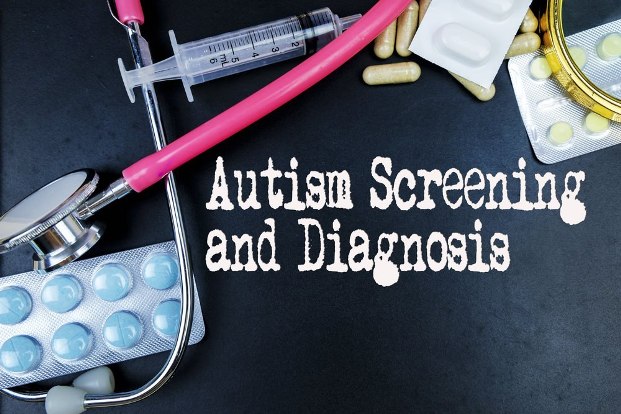Screening and Diagnosis of Autism Spectrum Disorder
Apr 19, 2022
Diagnosing autism spectrum disorder (ASD) can be troublesome, since there is no medicinal test, similar to a blood test, to analyze the clutters. Doctors look at the child’s behavior and development to make a diagnosis.

ASD can now and then be distinguished at year and a half or more youthful. By age 2, a finding by an accomplished proficient can be viewed as entirely dependable. Nonetheless, numerous kids don’t get a last analysis until a lot more seasoned. This defer implies that kids with an ASD probably won’t get the assistance they need.
Diagnosing an ASD makes two strides:
- Developmental Screening
- Comprehensive Diagnostic Evaluation
- Formative Screening
Formative screening is a short test to tell if kids are learning fundamental abilities when they should, or in the event that they may have delays. Amid formative screening the specialist may ask the parent a few inquiries or talk and play with the tyke amid a test to perceive how she learns, talks, carries on, and moves. A postponement in any of these zones could be an indication of an issue.
All youngsters ought to be screened for formative postponements and inabilities amid ordinary well-kid specialist visits at:
- 9 months
- 18 months
- 24 or 30 months
Additional screening may be required if a tyke is at high hazard for formative issues due to preterm birth, low birth weight or different reasons.
What’s more, all youngsters ought to be screened explicitly for ASD amid customary well-kid specialist visits at:
- 18 months
- 24 months
Additional screening may be required if a kid is at high hazard for ASD (e.g., having a sister, sibling or other relative with an ASD) or if practices in some cases related with ASD are available
It is critical for specialists to screen all youngsters for formative deferrals, yet particularly to screen the individuals who are at a higher hazard for formative issues due to preterm birth, low birth weight, or having a sibling or sister with an ASD.
On the off chance that your youngster’s specialist does not routinely check your tyke with this kind of formative screening test, ask that it be finished.
In the event that the specialist sees any indications of an issue, a thorough demonstrative assessment is required.
Exhaustive Diagnostic Evaluation
The second step of finding is a far reaching assessment. This intensive survey may incorporate taking a gander at the tyke’s conduct and improvement and meeting the guardians. It might likewise incorporate a consultation and vision screening, hereditary testing, neurological testing, and other medicinal testing.
At times, the essential consideration specialist may allude the tyke and family to an authority for further appraisal and conclusion. Masters who can do this kind of assessment include:
- Developmental Pediatricians (specialists who have unique preparing in youngster advancement and kids with uncommon requirements)
- Child Neurologists (specialists who deal with the cerebrum, spine, and nerves)
- Child Psychologists or Psychiatrists (specialists who think about the human personality)








